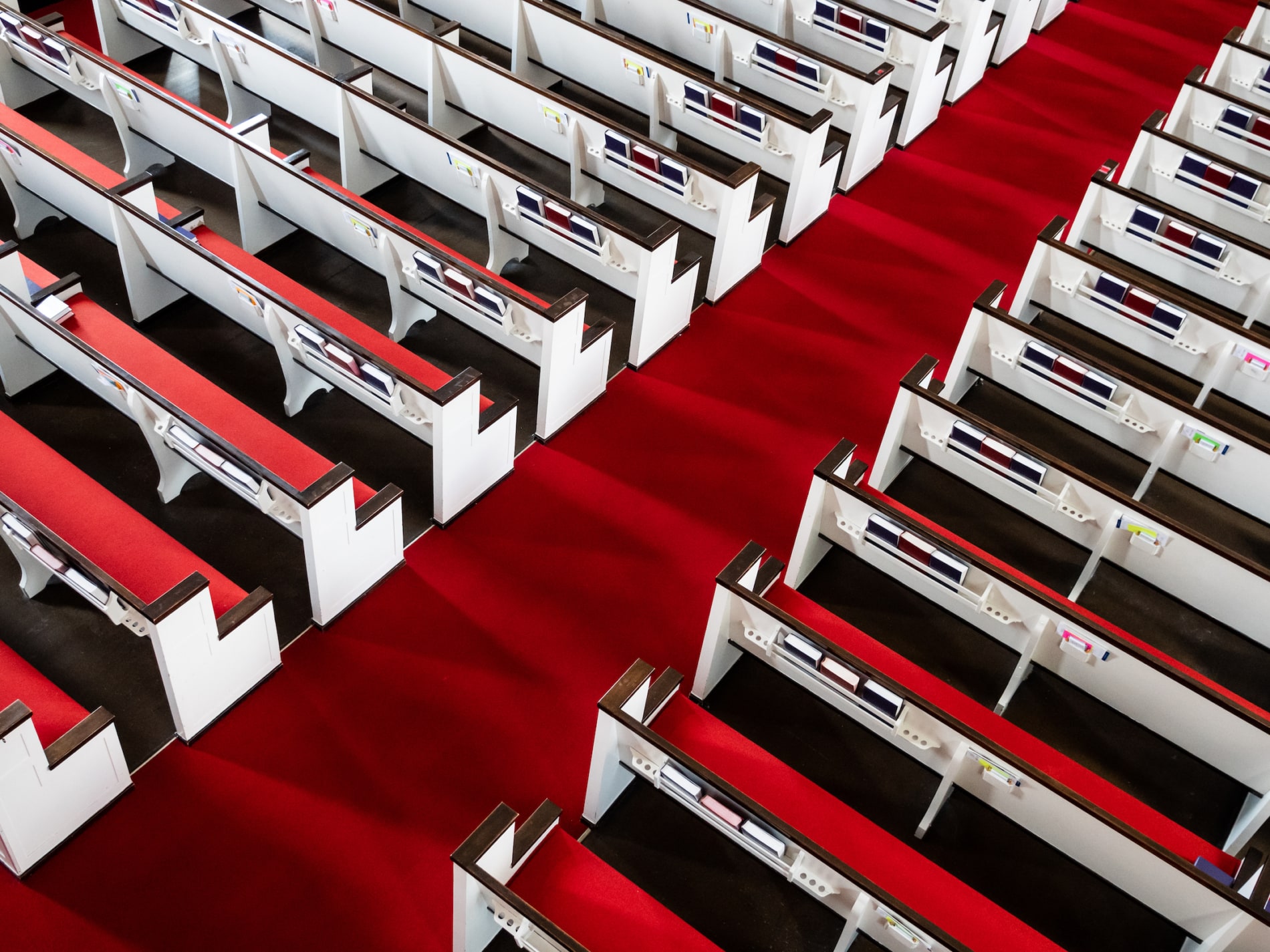
News & Announcements
Hope, Caring, and Healing in a Public Health Crisis
March 27, 2020
During a discussion of the COVID-19 pandemic on a recent PBS News Hour, an expert stated that “hope is not a policy.” This is true, and we cer- tainly do not want to appear to be Pollyannaish and underestimate the seriousness of this crisis. Yet hope is important as a virtue and as a basis for our motivation and action, but it also must be made real. Good people acting together for the common good and to help those in need translate hope into reality. It is not Pollyannaish to dismiss cynicism and despair in favor of confidence and hope. Our Christian beliefs provide a way of see- ing the importance of hope and making it real.
1 Corinthians 13 attests to the importance of hope. When grounded in Christian faith and love—or charity in the Kings James version, itis a reason for caring and constructive action. It motivates us and enables us to meet challenges.It is God’s gift to us through his grace. Where are we to find such hope – and faith, love, and char- ity, in the midst of this growing pandemic? I seeit in media reports of selfless actions by health care providers and an assortment of volunteers, in the tireless efforts to create and administer tests for the virus and to develop a vaccine, and in the personal sacrifices of people volunteering to self- quarantine to try to contain the spread of the vi- rus. I am also impressed by the informative daily reports by medical experts and many government leaders at all levels whose honesty and insight en- able us to discern the changing nature of the crisis but also help us to see beyond it.
Moreover, I find evidence of hope in my daily life at Charlestown, where my wife Sara and I live. It can be found in the actions of the dedicated administrators and employees who come in every day to care for us, protect us, serve us, and meet our needs. Their job is especially challenging and risky in the places where our most vulnerable residents live, in assisted living, long-term care, and the medical facility. These professionals con- tribute to the culture of caring that permeates our community. This culture is manifested in the vol- unteerism of our residents. It is a way of life for many, both on and off campus. Although we are people from a variety of religious and faith back- grounds, there are many here who demonstrate
what I would call a Christian commitment to car- ing. Charlestown residents welcome newcomers, regularly look in on elderly and sick neighbors, and engage in a variety of activities to care for those who are failing or need comfort and sup- port. Over 300 resident volunteers are involved in our Treasure Sale. A main purpose of it is to raisemoney for our Benevolent Care Fund. This fund provides money for those who outlive their finan- cial resources so that they will truly have a home for life here. The careful and thoughtful policies and actions of our administrators and residents during this pandemic are much appreciated but also are what we have come to expect on our cam- pus with its culture of caring.
David Brooks wrote in his book The Second Mountain about the values that are embeddedin caring communities, and he emphasized the importance of finding Christian faith in his jour- ney in quest of his “second mountain.” It was a journey that took him from a self-absorbed indi- vidualistic pursuit of success and its trappings to a life shaped more by a sense of community and caring. He proposed that while happiness derived from personal accomplishments may fade, thejoy from turning outward endures. He wrote, “To live with joy is to live with wonder, gratitude and hope. People who are on the second mountain have been transformed. They are deeply commit- ted. The outpouring of love has become a steady force.” In addition, he wrote that helping others can “renew the lost sense of community that af-flicts an America whose churches, neighborhoods, mores and cultural institutions are all in decline.”
While many across the world and our nation will suffer during the COVID-19 crisis, this crisis also offers us an opportunity to renew the values that sustained our communities and their insti- tutions in the past. By coming together, we can heal our communities and society while we heal those sickened by this pandemic. Sara and I feel fortunate that we belong to a community of faith at CPC and live in a residential community at Charlestown that both nurture cultures of caring that help members and residents help others to have hope and heal in difficult times.
By Howie Nixon